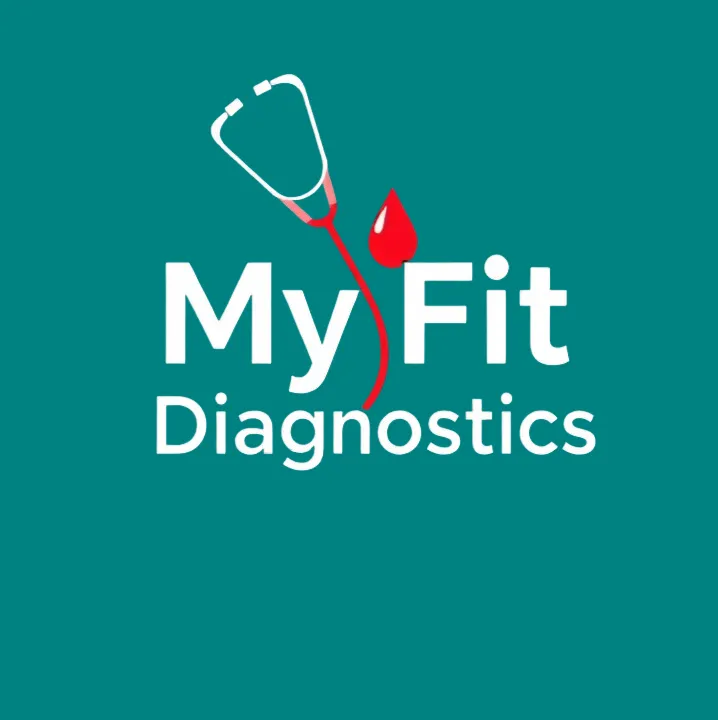Get in Touch with Us
Contact our compassionate team for inquiries to discuss your care needs. We're here to support you and your loved ones.
Contact Us
Frequently Asked Questions
Answers To Commonly Questions
How do I get the test results from my blood work?
1. From Your Doctor or ClinicContact the clinic or doctor's office that ordered the test. Ask if your results are ready and how they can be delivered (e.g. phone call, in person, or email). Many clinics use online patient portals where you can log in and view your results.
2. From the Hospital patient access portal. You can usually access the results through the hospital's patient portal. Check their website or call the medical records department for access.
3. Through a Laboratory (e.g., LabCorp, Quest Diagnostics) Create or log in to your account to access your lab results online. Results are typically available within 1–3 business days, depending on the test.
What is a Food Inflammation Testing?
Food inflammation testing refers to tests to detect whether certain foods are causing inflammatory responses in your body, which may contribute to symptoms like bloating, fatigue, joint pain, skin issues, or other chronic conditions.
Do I have to have a doctor's order to have my blood drawn?
1. Insurance Coverage: If you want insurance to pay for the blood test to be ran at the lab of your choosing, it almost always requires a doctor’s order. Tests for conditions like thyroid disease, diabetes, anemia, infections, or autoimmune disorders often require a doctor’s order.
2. Wellness Tests (Not Diagnostic): Many at-home tests for food sensitivity, hormone balance, vitamins, or general wellness don’t require a prior prescription. These are often used for personal health tracking, not medical diagnosis. And are on a self pay between the patient and the company providing the test.
Who can benefit from in home blood draw service?
1. People with Limited Mobility: Elderly individuals who may have trouble traveling to clinics. Disabled or chronically ill patients who find it difficult to leave home.Post-surgery patients needing follow-up tests while recovering at home.
2. Busy Professionals or Parents: People with tight schedules who prefer the convenience of getting blood drawn at home rather than taking time off work or childcare.
3. Individuals with Anxiety or Phobias or Special Needs: Those who experience medical anxiety or needle phobia or special needs may find a home environment less stressful than a clinic.
4. Immunocompromised Patients: People undergoing chemotherapy, with autoimmune disorders, or who are organ transplant recipients may prefer avoiding exposure to crowded medical facilities.
5. Patients in Long-Term Care or Hospice: Those in nursing homes, rehabilitation centers, or hospice care can receive necessary monitoring without disruption.
7. People Using At-Home Lab Testing Services: Many modern telehealth and direct-to-consumer health testing companies (e.g., Everlywell, LetsGetChecked, or concierge medical services)
Which lab does my blood get taken to?
Your blood gets taken to the lab of your choosing. Or if it's a kit that gets mailed out, your personal phlebotomist will ensure it gets sent out properly.
Is the blood draw covered by my insurance?
No, the in home personal blood draw is not covered by insurance.

